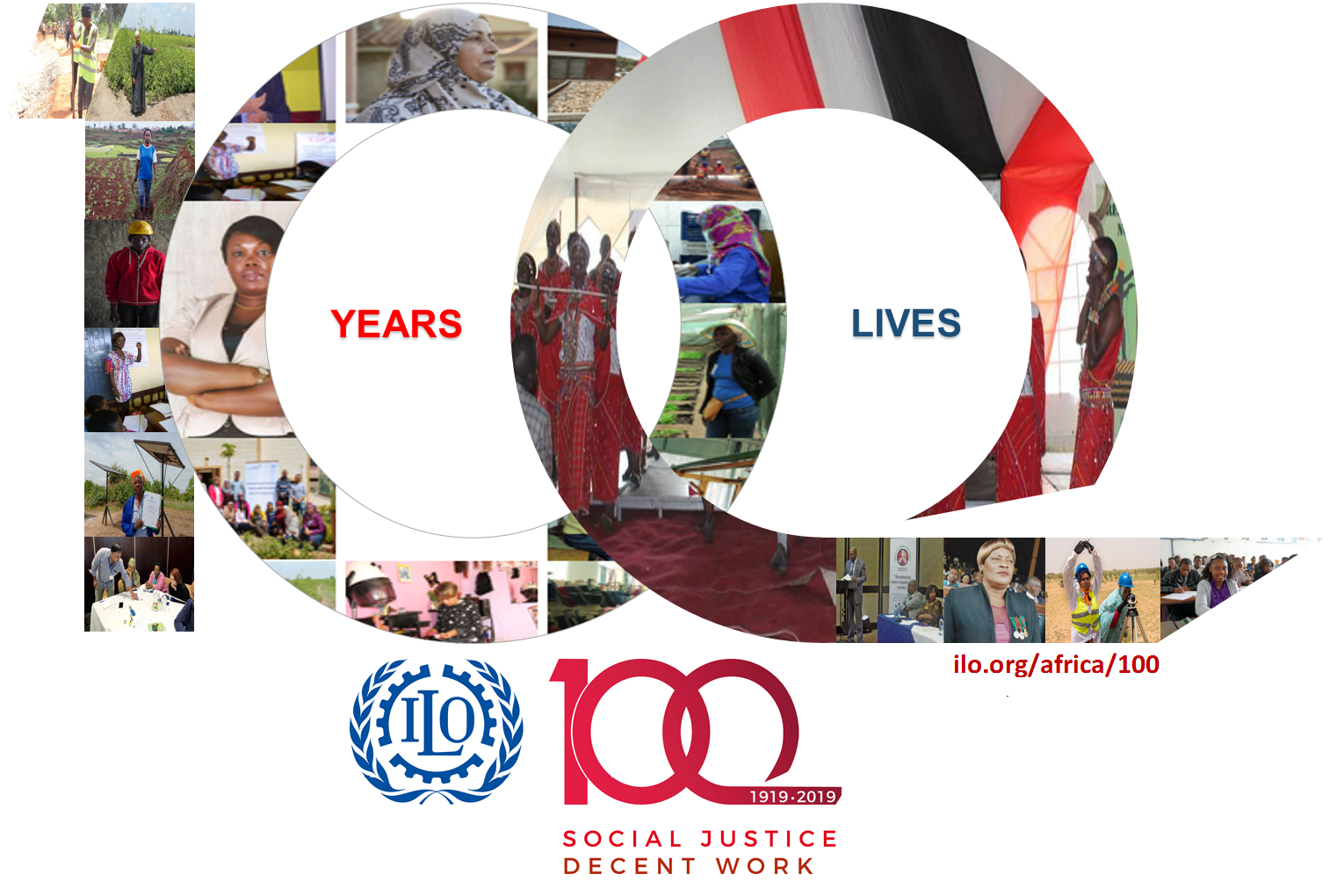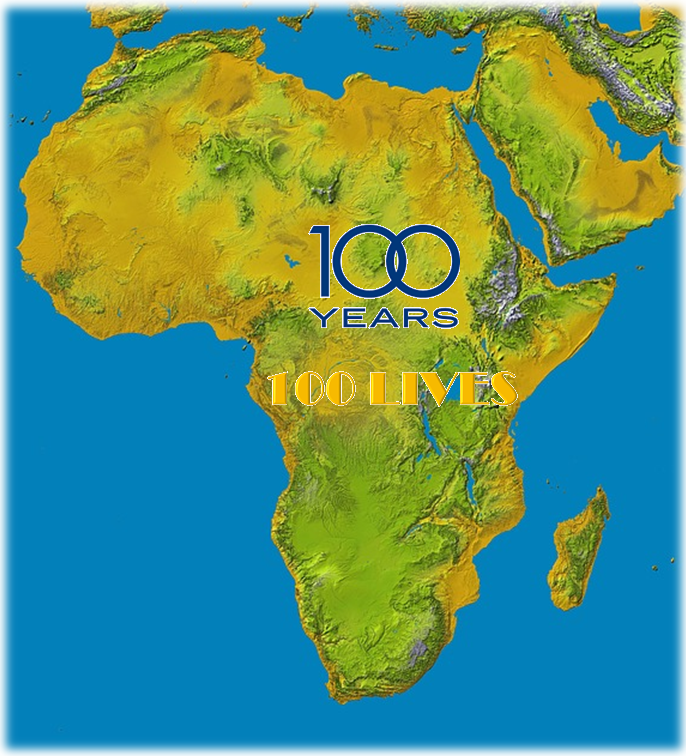« 100 Years – 100 Lives » | ETHIOPIA - “Nothing compares with working in your own country”
How a migrant domestic worker from Ethiopia found an alternative to migration after attending an ILO training programme.

She is one of nearly 1,400 former migrant domestic workers, trained by an EU-funded ILO programme on re-integration of returnees.
However, her radiant smile hides the ordeal she suffered when she decided to migrate for work 14 years ago.
“I decided to leave when I was still a high school student. Most of my friends at the time left for work in Arab countries. I wanted to follow their example and support my family,” she explained.
An agency put the then 17-year-old girl in touch with a family in Lebanon who hired her as a domestic worker. However, she lost her job five years later and had to come back to Ethiopia.
Back home, she stayed with her family for two months before she decided to migrate for work again. She found an agent who sent her to Dubai, where she worked for a large family.
After a year, worn out by the workload, Berhane escaped from her employers.
She joined other Ethiopian domestic workers who had also managed to flee from their employers. The main challenge she faced was having to play hide and seek with the police, as she did not have legal documentation.
Things went on like this for three years when police raided the house to arrest Berhane and 20 other Ethiopian migrants living with her.
After being released, she decided to return to Ethiopia once and for all. When she arrived at Addis Ababa airport, she had nothing but the clothes she wore.
The turning point
Back home, she learned about an ILO training programme providing support to migrant returnees through a local NGO.
“At first, the training did not seem to be of use. I did not take the trainers seriously when they told us that any progress depends on your mindset. But I continued with the skills and entrepreneurship training.”
She took another training course to become a hairdresser and finally opened a small hair salon. Soon after, Berhane won two contests for entrepreneurship and creativity launched by the ILO-supported project and used the prize money to invest in her business.
Today, she owns two salons employing four people. The next step for the ambitious young entrepreneur is to take a loan and open up a bakery.
“Change starts in your mind”
“They were right, change starts in your mind. Nothing compares with working in your own country,” she said.
According to the ILO’s Aida Awel, the programme not only changed the mindset and awareness of government officials and communities. Among others, it has led to the strengthening of anti-trafficking measures, the establishment of standardized employment contracts for migrant workers, the creation of six Migrant Resource Centres which help potential migrants to make an informed decision on whether to migrate or not.
“It also led to the development of a web-based Ethiopian Migrants Data Management System which will help to better administer records on workers leaving the country and on returning migrants,” Awel added.
Berhane is one of 1,062 returnees who now earn an income from self-or wage employment. The programme originally targeted 1,397 migrants returning from the Middle East and Sudan.






